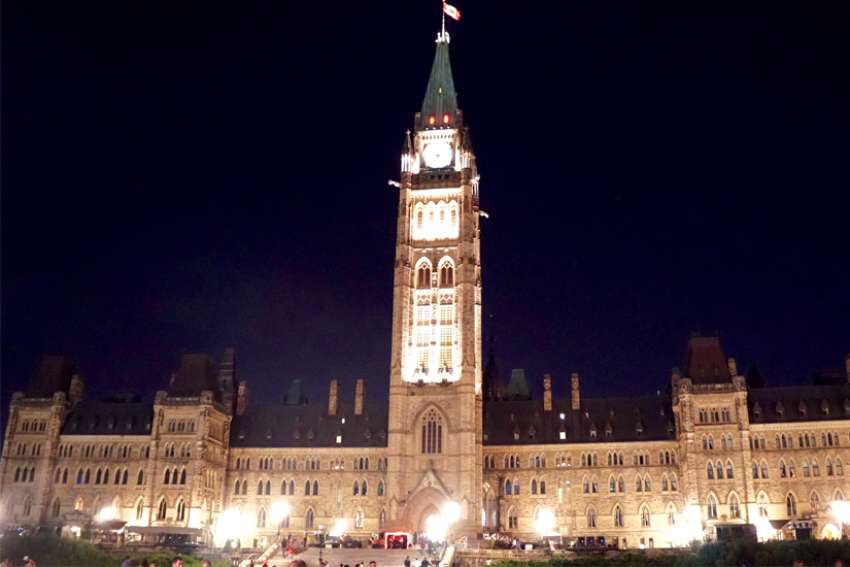Last April, it was revealed that a federal cabinet advisory panel had essentially recommended banning Catholic chaplains from the CAF because some Church teachings are at odds with the current Liberal government’s “diversity” policies. After hiding the report for four months, Defence Minister Anita Anand appeared to accept it, albeit with a deft dollop of ambiguity. When the ship hit the sand because of public blowback, however, she rushed out reassurance the Forces would never wave goodbye to its papist sky pilots.
Fast forward eight months. Inexhaustible diggers at independent Ottawa media shop Blacklock’s Reporter unearthed a government briefing note showing the Defence Ministry has hired Indigenous and gay “advisors” to help the chaplaincy “innovate” as it “further promotes diversity and inclusion.”
No one with a minimum of political intelligence needs a military-grade secret decoder algorithm to glean the meaning. Anyone who has watched Diversity, Inclusion and Equity (DIE) warriors colonize government, academia, the arts, industry and even the English language can predict with high accuracy where it will lead. Blink, and you will miss the expansion of today’s initial handful of “advisors” into a sizeable, entrenched bureaucracy. Before long, a small army of diversifiers will be busily “innovating” until the chaplaincy is an exploded shell of its traditional form and role. Catholics, as is increasingly true these days, will catch the brunt of the ideological shrapnel.
The departmental note makes clear the process has begun. It reads: “Chaplains provide a ‘safe place’ for members to be themselves. Canadian Armed Forces chaplains work for the person in front of them at any given moment.”
The claim that any military’s first devotion must be to “safe place” ideology is too nonsensical to engage. But the idea that chaplains must, in their nature, be part of that charade goes beyond nonsense to insidiousness. It radically redefines the purpose of chaplaincy, which is the spiritual care of souls.
Within the Canadian Armed Forces chaplaincy, as elsewhere, the specifics of that care are offered in a creedal context. The evidence is the traditional existence of Catholic chaplains in the CAF. It’s confirmed by the original advisory panel report’s own objection to the presence of those whose convictions and counsel are formed and guided by their religious faith.
In fact, the panel report’s urging to oust Catholic chaplains also contrarily called for the addition of spiritual “wisdom keepers” to serve the religious needs of Indigenous members. So, genuine faith is a crucial context of service for the CAF, but only if it avoids any smidgin or whiff of popery? We don’t need “special advisors” to predict what fresh Hell of suspicion, cynicism and loss of political trust such governmental “innovation” will produce.


